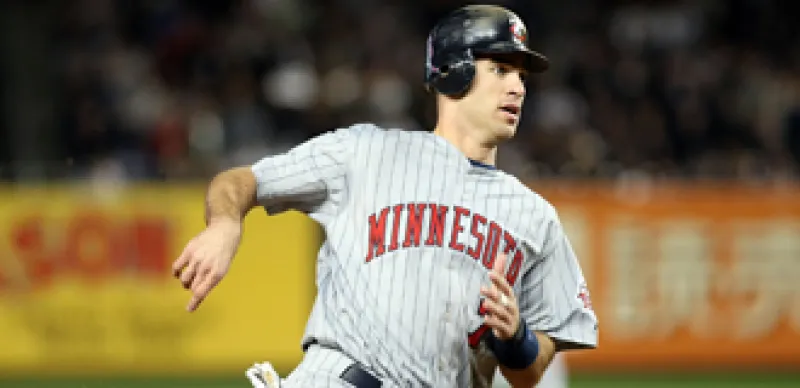As Major League Baseball takes to the field this month, the sport’s top officials are anticipating the financial equivalent of a home run.
Their bullishness stems from the fact that, even amid a crippling recession in the U.S., the league’s overall revenues climbed last year. Season attendance for 2009 was down approximately 6.8 percent across the league and two thirds of the 30 teams either cut or froze ticket prices. Still, total revenues rose slightly, to $6.7 billion, compared with $6.5 billion for 2008.
“That was a good performance given the size of the economic problems in the country,” says Andrew Zimbalist, professor of economics at Northampton, Massachusetts–based Smith College and a sports business expert.
Major League Baseball benefited from an increase in international revenue generated by the 2009 World Baseball Classic, as well as from the launch of the MLB Network, a new cable channel.
Challenges certainly exist for 2010 — for one, nearly half the teams have put a cap on or reduced ticket prices in the hope of encouraging attendance — but the outlook is positive assuming the U.S. economy continues to improve. “I’m guardedly optimistic, given the level of ticket sales, overall interest in the game, sponsors committed and the value proposition,” says Zimbalist, author of several books on the business of baseball.
At least one team, the Minnesota Twins, is feeling especially flush, shelling out $184 million over eight years to extend the contract of 26-year-old catcher Joe Mauer. This winter the hometown hero and reigning American League MVP signed the third-largest baseball contract in history. The Twins this season are also moving into a new, $440 million stadium, Target Field, which is expected to sell out for most or all of the team’s 81 home games. The Twins were a beneficiary of baseball’s seven-year program under which the richest teams share some of their local revenue and a tax on their payroll with smaller-market teams. “The signing of Joe Mauer reflects the culmination of what [Commissioner Bud] Selig is trying to do — provide additional competitive balance,” says Robert DuPuy, president and COO of Major League Baseball, disputing critics who have accused smaller-market teams of banking the revenue rather than signing top talent.
DuPuy says a large part of MLB’s success going forward depends on the sport’s ability to maintain its fan interest and remain relevant with young people amid an increasingly crowded entertainment environment and eye-popping prices at some new ballparks. “There is a tension and sensitivity that all fans be able to attend the games,” he says.
Failing to meet that challenge could be a true game-changer.







